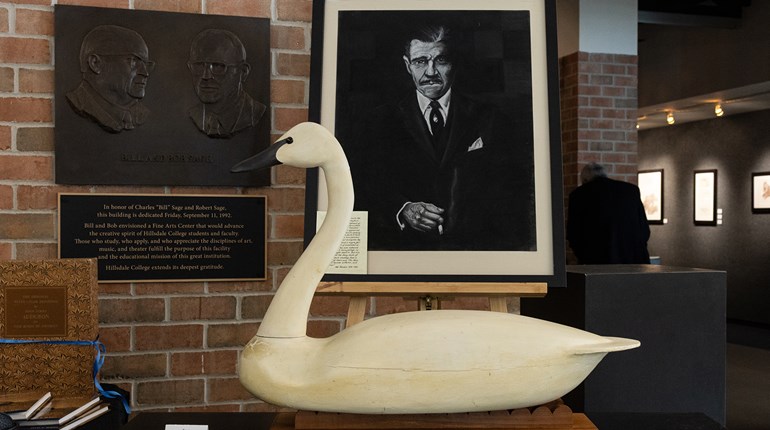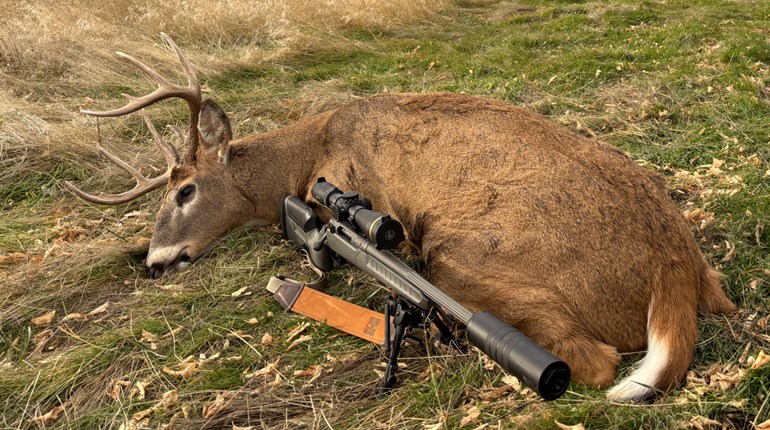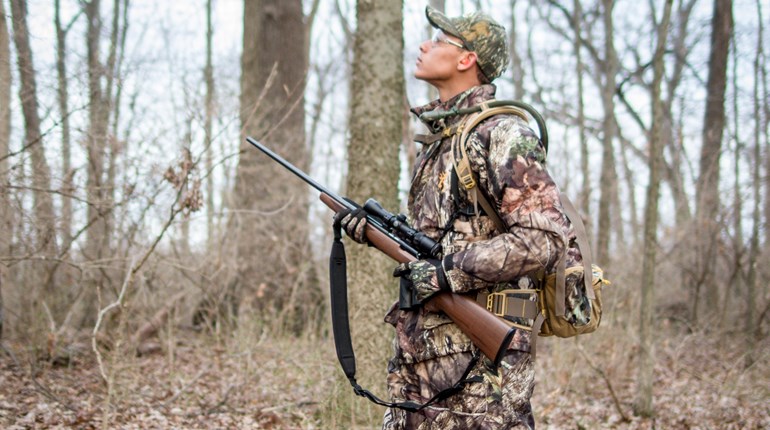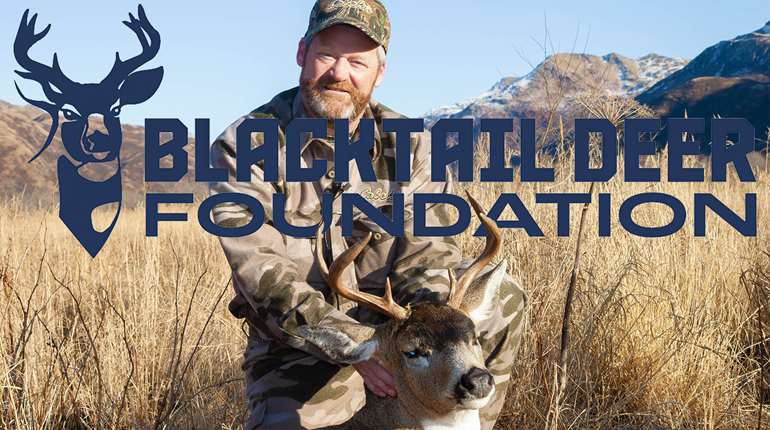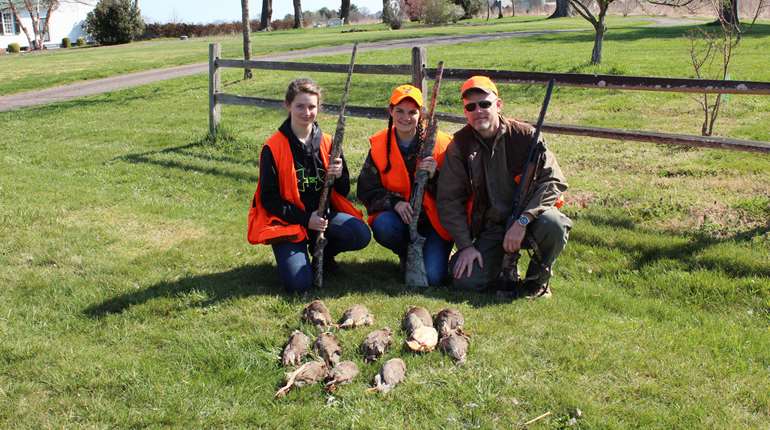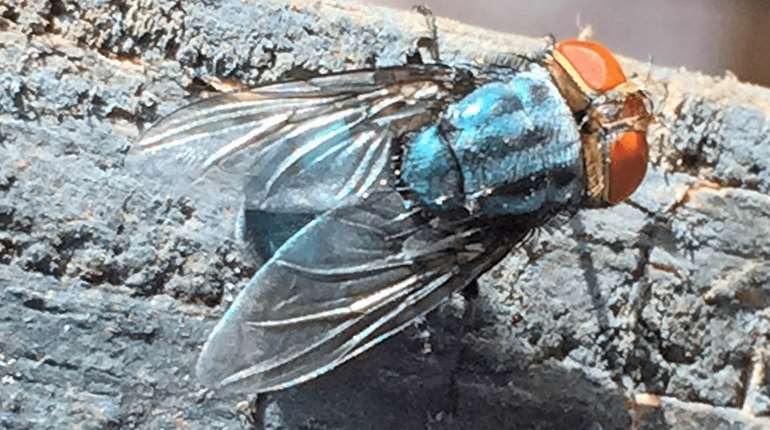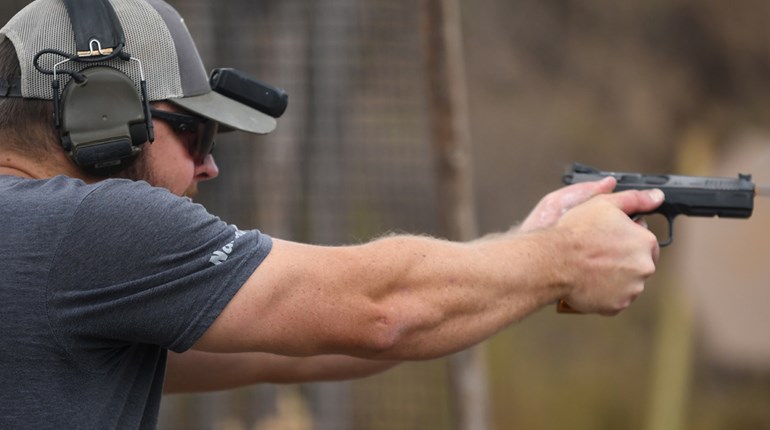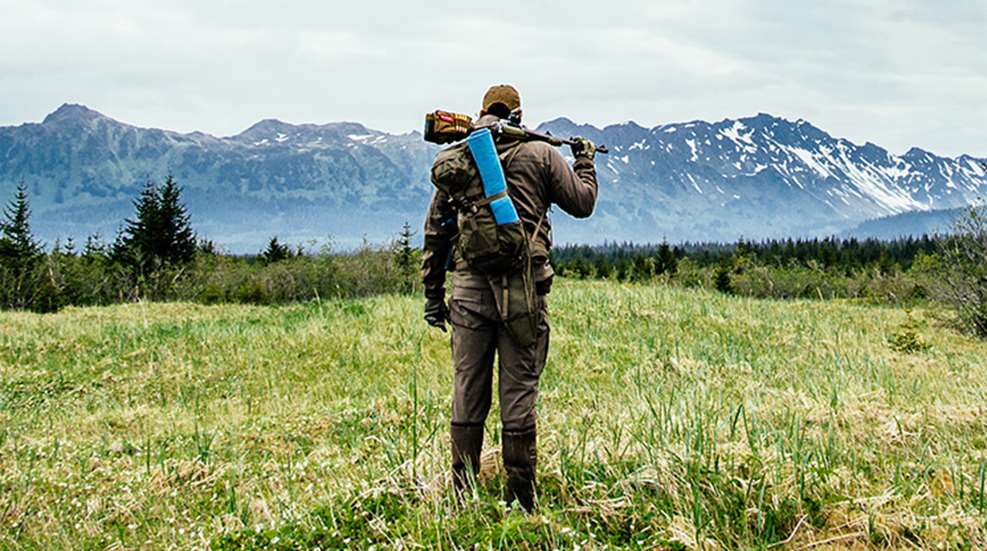
Since our beginnings as a species, we have relied directly upon wild creatures for our survival. To sustain our lives and communities, it was inescapable that, like all natural phenomena, human beings would engage directly in the life-and-death struggles that mark the essential and irreducible truth of existence. Perhaps the great American mythologist, Joseph Campbell, put it best when he was asked what he considered the most basic element of our existence to be. His reply: Flesh eats flesh! There is no escaping this fundamental natural law. We may contrive and dream, obfuscate or deny, but in the end our entire lives will be testament to this unalterable truth. Life, it will be proven, is a death-dependent process.
So where in our complex modern world does hunting fit? Does the legal pursuit and killing of wild creatures by individual hunters for personal use have a role to play? Is it fair to regard hunting as a cruel anachronism, a frivolous activity that has no merit outside of personal gratification for the hunter? These are profound questions with wider implications for society than most of us realize. After all, we kill and consume vast numbers of domestic and wild creatures every year to feed human beings. This hunting issue, no matter how simplified some would like to make it, won’t be anything less than a complex amalgam of social, cultural, economic and political realities.
Interestingly, some of the most intense debates on hunting tend to center upon predators: the lion, the leopard, the wolf, the bear, etc. The hunting of these large and potentially dangerous animals is constantly discussed in the media, and the debate is at a boiling temperature almost all of the time. This is intriguing, given that such animals do not fit the innocent and vulnerable persona as portrayed for deer, for example, in “Bambi.” Predators are certainly beautiful and awe-inspiring, but so are all wild creatures. Furthermore, predators frequently wound and kill human beings and are often significant as marauders of livestock, thereby visiting real hardship upon rural peoples especially, in various parts of the world. Are the lives and livelihoods of human beings of no concern to those who oppose hunting? Does concern for human dignity fall below that for the lion and the wolf?
This question, combined with hunting’s unique record of conservation achievement and leadership, makes it both curious and difficult to understand the negative stereotyping directed at today’s hunters. On the North American continent, hunting provides massive amounts of high-quality, truly organic meat to tens of millions of our citizens every year. It is also proven to have worked for the conservation of wildlife and to have benefitted a wide array of wild habitats and species, many of which are not hunted at all. Indeed, the role of hunting in conservation worldwide is recognized by some of our most prominent international conservation organizations, such as the World Wildlife Fund and the International Union for the Conservation of Nature, and in North America by highly regarded institutions like Ducks Unlimited. Hunting has also spawned a dizzying array of non-governmental organizations around the world, every one of which works to finance conservation in important ways.
Much of the bias against hunting stems from a lack of knowledge. It is easy to misrepresent and criticize what is not understood. Trophy hunting is probably the best example of this within the hunting world. More people, when asked, support hunting for meat than trophy hunting, where individuals travel abroad to engage in the trophy hunting experience, but do not necessarily pursue the hunt to procure the meat. They may return with some memento of the hunt such as horns, antlers or tusks. Stereotyped as wealthy egotists, killing wildlife frivolously and without contributing to either wildlife conservation or society, trophy hunters are often thought by non-hunters to represent the lowest rung of the ladder.
What is not understood is that the fees paid by trophy hunters are what often enable large hunting tracts or concessions to be managed and safe-guarded by costly anti-poaching patrols, or that without this hunting value placed on wild creatures, the lands they occupy would be broken up or turned to domestic livestock production. In either scenario, wildlife will lose. Obviously, the North American hunter who travels to Africa, for example, does not plan to ship home the meat from his kudu, or wildebeest, or elephant. However, in the majority of cases, the meat from animals taken provides a myriad of wildlife and community supportive activities, including land and wildlife protection, local employment and food.
Hunting is not for everyone, nor will it be possible to defend every aspect of it to everyone. Nevertheless, the facts are clear with respect to its overall impact on conservation. Deemed by some to be cruel, unnecessary and an institution long past its time, the fact remains that hunting endures as a vital force in the lives of millions of people, and in the conservation programs of many countries. A concern for the lives and deaths of all animals is an incredibly important issue for modern society to debate and reconcile and, in pursuit of a practical and reasoned position, it is inevitable that legal, fair-chase hunting should be part of this debate. However, any fair evaluation must be prepared to consider the complexities facing our world, the demands for food of our global human population, the search for sustainable resource use practices, and the means by which conservation funding and leadership can be secured. Animal death will inevitably surface in the context of these issues, but oddly enough, hunting, man’s oldest and most successful try at life, will surface as one positive means of achieving them all.
About the Author
Shane Mahoney is considered one of the leading international authorities on wildlife conservation. A rare combination of historian, scientist and philosopher, he brings a unique perspective on wildlife issues that has motivated and inspired audiences around the world. Named one of the 10 Most Influential Canadian Conservationists by Outdoor Canada magazine and nominated for Person of the Year by Outdoor Life magazine, he has received numerous awards, including the Public Service Award of Excellence from the government of Newfoundland and Labrador, and International Conservationist of the Year by Safari Club International. Born and raised in Newfoundland, he brings to his writings and lectures a profound commitment to rural societies and the sustainable use of natural resources, including wildlife and fish.












